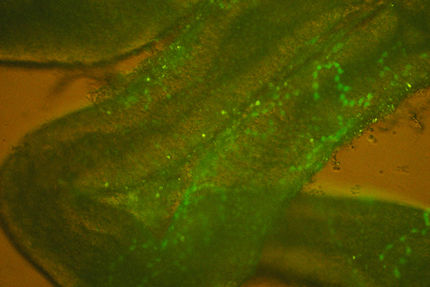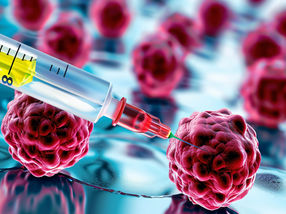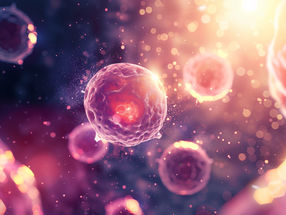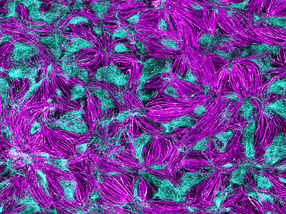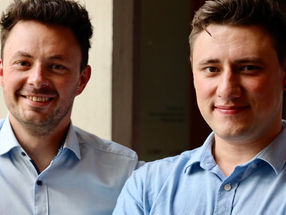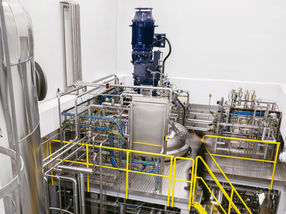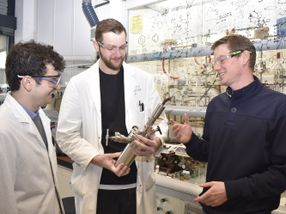Stem Cell and Medicon Report Positive Results of Phase I Clinical Trial
Stem Cell Therapeutics Corp. (SCT) reported positive results from its Phase I pharmacokinetic clinical trial in support of its lead therapeutic program for stroke, NTx(TM)-265. The trial demonstrated that, for the two drugs administered to healthy volunteers, no drug related adverse events were encountered and both drugs were detected in the cerebrospinal fluid (CSF) following intramuscular administration. The study was conducted on SCT's behalf by Medicon A/S of Birkerod, Denmark.
This Phase I clinical trial permitted characterization of the relationship between intramuscular administration, passage into blood and subsequent transport into the CSF. The study also generated new evidence that these two NSC proliferation inducing drugs reach the CSF when administered to human subjects with an intact blood-brain barrier.
The results of this clinical trial demonstrate that, no drug related adverse events were observed for either NSC proliferation inducing drug at the administered dose; and transport of the two different NSC proliferation inducing drugs into the CSF was detected in healthy subjects. When comparing the two NSC proliferation inducing drugs, there was no statistically significant difference in the pharmacokinetic distribution or transport of drug into the blood and CSF.
The Phase I clinical trial investigated and compared the pharmacokinetic profile of two of the approved and on market forms of the NSC proliferation inducing drug. The primary aim of this trial was to demonstrate that intramuscular administration of either of the two drug forms results in the passage of drug into the blood and then subsequently on into the cerebrospinal fluid (CSF) in age-matched healthy, human volunteers. As NSCs in the adult human brain are in close proximity to the CSF, drug transport into the CSF would support SCT's planned therapeutic strategy of providing drugs by peripheral administration in order to achieve benefit in the brain. Healthy subjects are expected to have an intact blood brain barrier and therefore permit less transport of drug from blood to the CSF than occurs in stroke patients. This limited transport occurs because stroke patients experience a transient loss of integrity of the blood brain barrier following acute onset of the disease.
Topics
Organizations
Other news from the department research and development

Get the life science industry in your inbox
From now on, don't miss a thing: Our newsletter for biotechnology, pharma and life sciences brings you up to date every Tuesday and Thursday. The latest industry news, product highlights and innovations - compact and easy to understand in your inbox. Researched by us so you don't have to.
